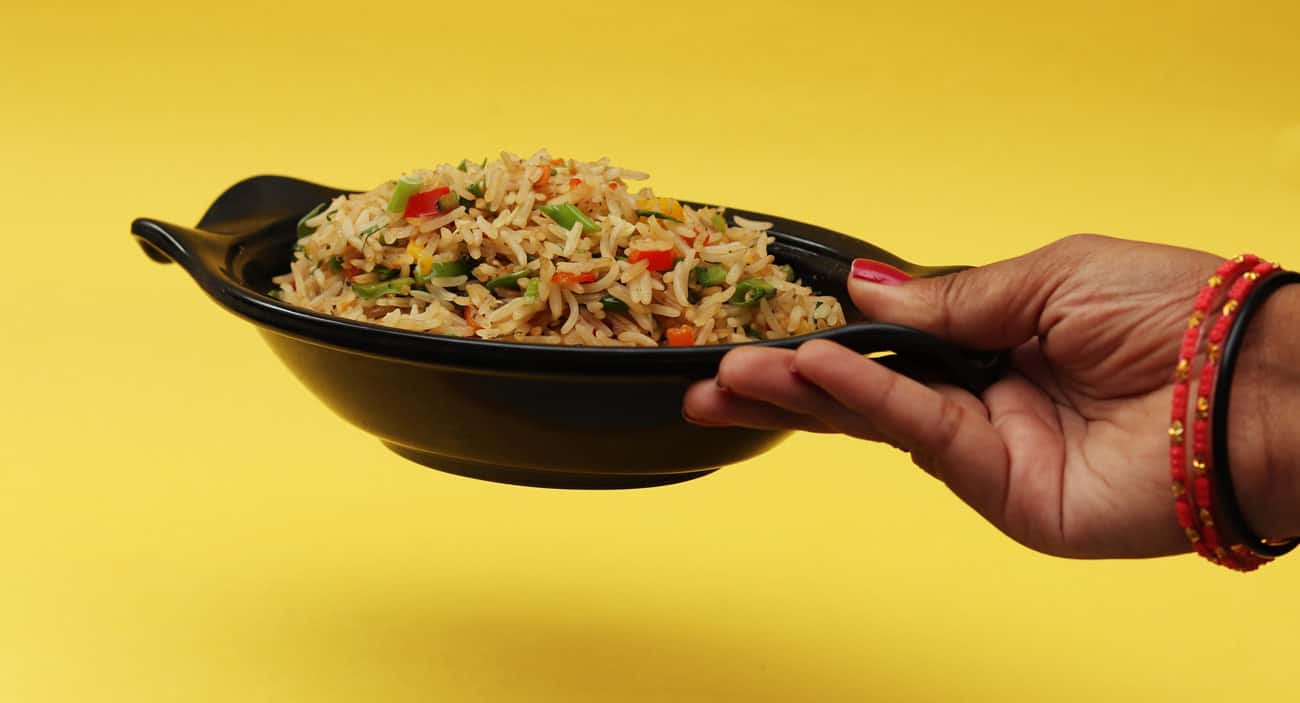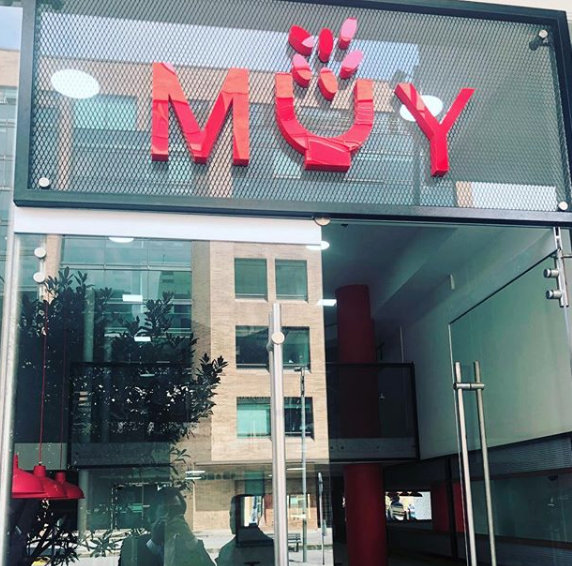
Por Jacob Atkins
October 30, 2019
Contxto – Colombian foodtech MUY now joins Cornershop, Slang, Weex, among other startups in ALLVP’s portfolio following a Series B worth US$15 million.
“We are thrilled to join one of the best teams in Colombia as they seize one of the largest opportunities in the region,” said Fernando Lelo de Larrea, a managing partner from ALLVP, in recent email correspondence. “Software is eating the foodservice industry globally and MUY is leading this phenomenon in the Latin American region.”
Only operating in Colombia, fresh funds will go towards expanding the cloud kitchen trend into Mexico and eventually Brazil. With this round led by ALLVP from Mexico, MUY’s total funding now stands at US$20.5 million.
Seaya Ventures also joined ALLVP as a follow-on investor.
Calling itself a “virtual kitchen” and “smart chef system,” MUY leverages AI to create food based on predicted demand and optimizes internal processes within the restaurant. In turn, customers can place personalized orders through the app or at one of its 20 physical dining locations.
All the while, partnering restaurants reduce food waste.

Only available in Colombia at the moment, the foodtech serves over 200,000 dishes a month, according to founder José Calderón.
For the entrepreneur, Calderón views cloud kitchens to be the future of on-demand dining. In the process, it will make delivery more efficient in densely-populated cities, especially when commuters get hungry.
This is not the first time Calderón has ventured into the foodtech space. In fact, as a co-founder of Domicilios.com, he helped the Colombian company raise US$47.7 million before he exited to Delivery Hero.
This MUY development coincides with the surge of food delivery startups emerging across Latin America. Ubiquitous in large cities, companies such as Rappi, iFood, Pedidos Ya, among others, are all contending for similar market segments like the virtual kitchen sector.
In all actuality, the top 10 food chains throughout the region only have around 5 percent of the overall market share, whereas in the U.S. it reaches 24 percent. As disposable income and connectivity grow throughout Latin America, more companies are starting to emerge and raise major funding.
“Large players will consolidate and win, and small ones will face pressure,” said Calderón.
Also known as “ghost” and “dark” kitchens, these units are alternatives to maintaining full-service restaurants. Owners still maintain commercial spaces, just without all of the customer service amenities. Some journalists have called them the “WeWork for restaurant kitchens.”
This past June, we covered fellow Colombian startup Rappi managing similar operations. At the end of the day, it sure makes you wonder – where does your delivery actually come from?
– JA

Por Stiven Cartagena
January 12, 2026